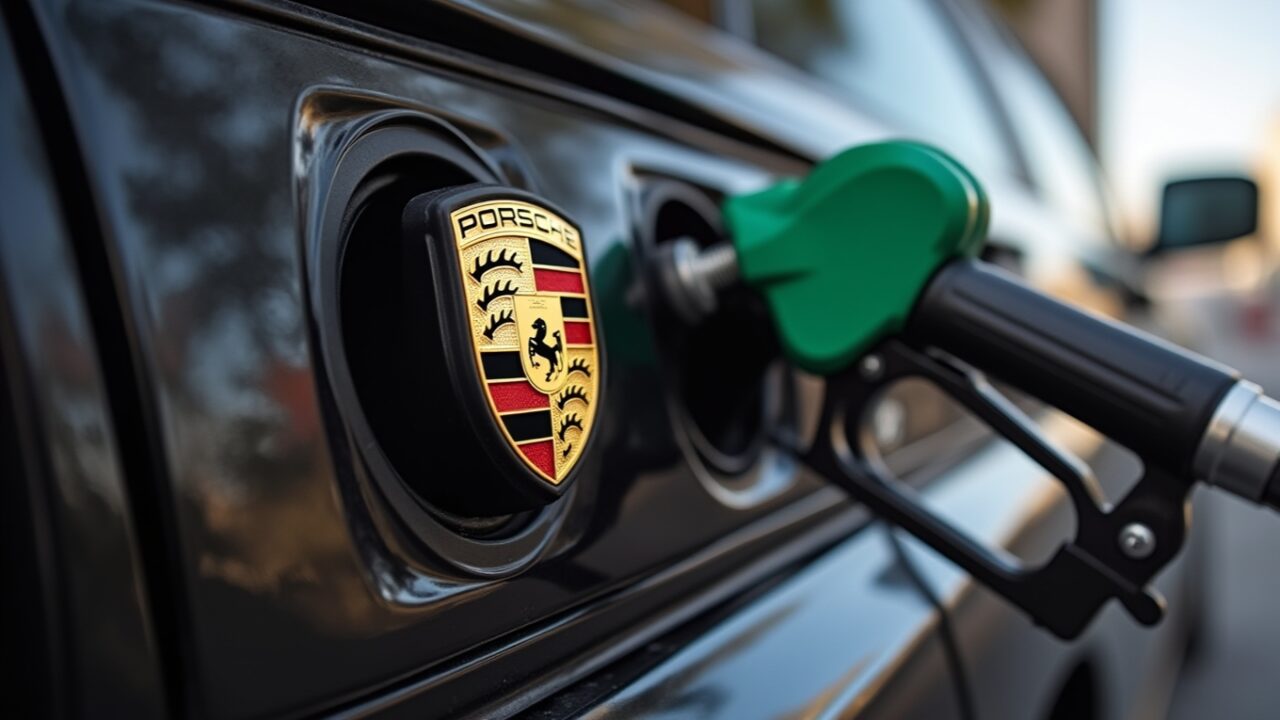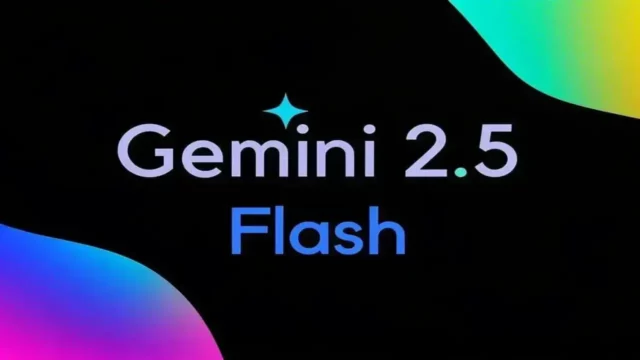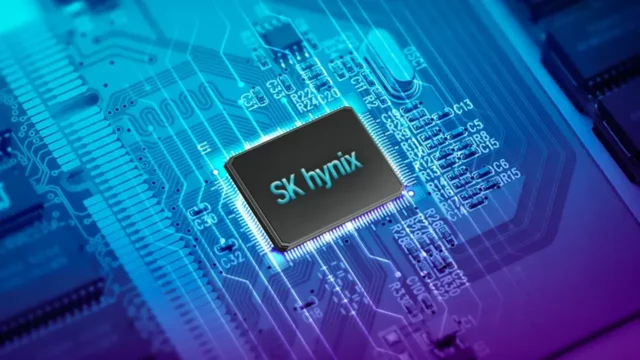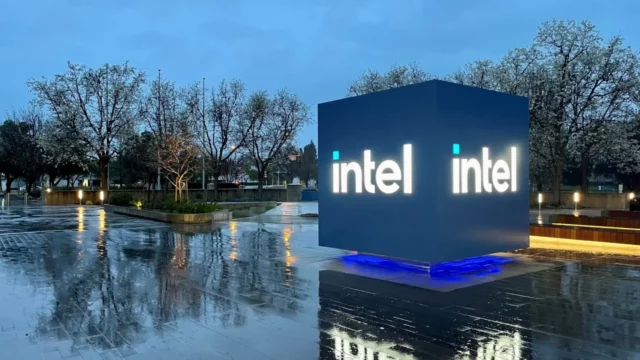Porsche is here with a move that could revolutionize the automotive industry. The brand believes that synthetic fuels (e-fuels) could become a significant alternative to gasoline for internal combustion engines in the next decade. This optimistic forecast is said to be based on Porsche’s confidence in this technology and government support. So, could the future of internal combustion engines be much brighter than expected thanks to synthetic fuels? Here are the details…
Porsche is betting on synthetic fuels for the future of internal combustion engines
To make this vision a reality, Porsche has built a synthetic fuel production facility in Chile, together with partners such as HIF Global. The aim of the facility is to prove that synthetic fuels can be produced on a large scale in a carbon-neutral manner.
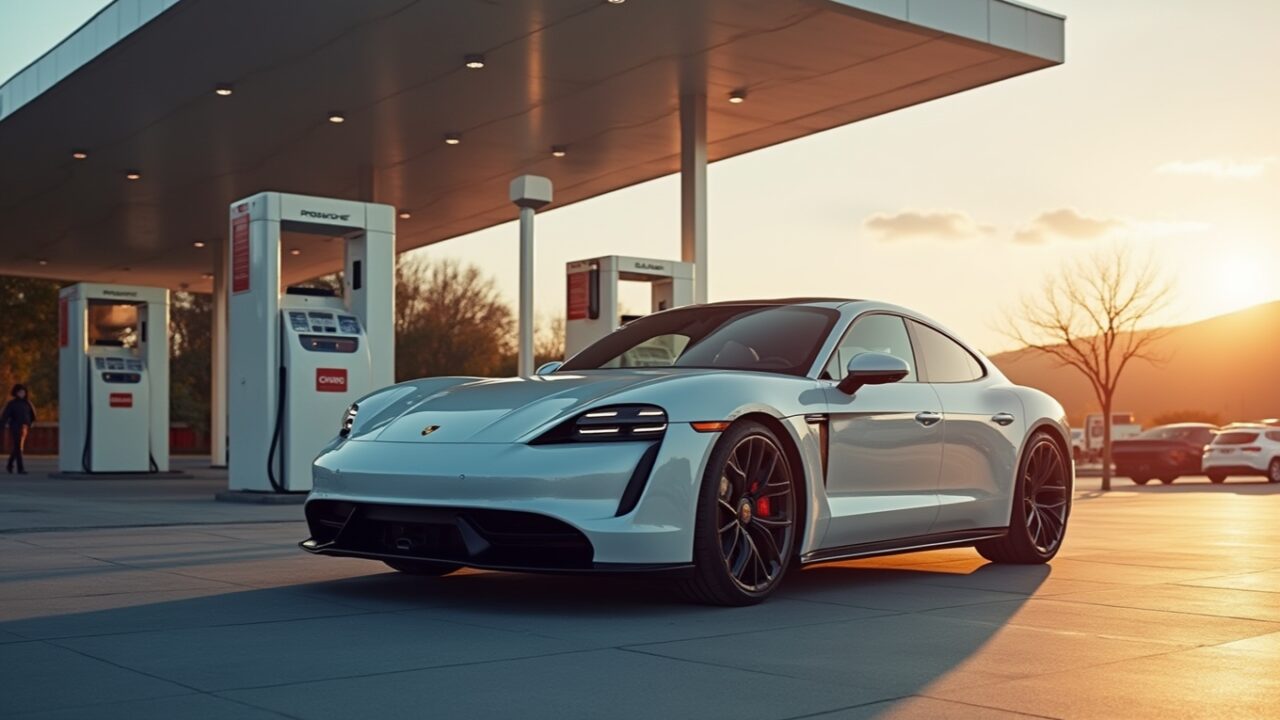
According to a recent decision by the European Union, internal combustion engine vehicles will be able to remain on sale in Europe after 2035, provided they meet carbon neutrality requirements. However, industry experts are skeptical about whether synthetic fuels can meet these requirements and believe it could lead to an “indirect” ban on internal combustion engines.
With its pilot project in Chile, Porsche wants to show the world the feasibility of synthetic fuel production . The company believes that synthetic fuels will play a key role in reducing emissions from existing internal combustion engine vehicles worldwide, as millions of internal combustion engine vehicles will continue to grace the roads in the coming years.
Porsche’s R&D chief Michael Steiner said that although synthetic fuels were initially considered to extend the life of older model vehicles, the company has changed its strategy due to the successful progress of the project and the increasing interest in markets looking for alternatives to electric vehicles.
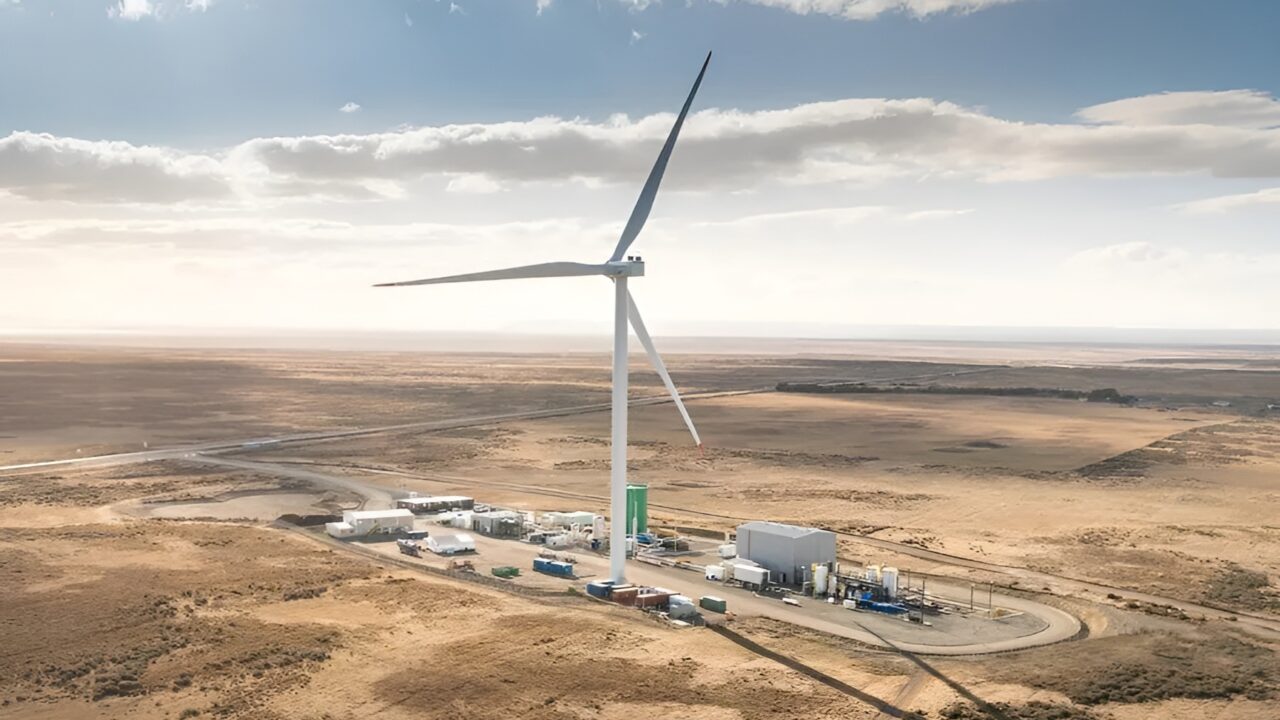
Steiner stresses that it is not enough to just switch to electric vehicles , but also to consider the existing internal combustion vehicle fleet. Synthetic fuels and electric vehicles, he says, can work together to accelerate the reduction of emissions.
Slowing sales of electric vehicles have led many automakers, such as Porsche,
to extend the life of internal combustion engine vehicles , indirectly increasing interest in synthetic fuels. Steiner acknowledges that this process is a long way off, but says he expects synthetic fuels to become a significant part of the market by the end of the decade.
Porsche also plans to add direct air capture technology to its plant in Chile, which will use waste heat generated by the plant to capture carbon dioxide from the air, enabling a complete carbon cycle.
What do you think? You can write your opinions in the comments section below.


